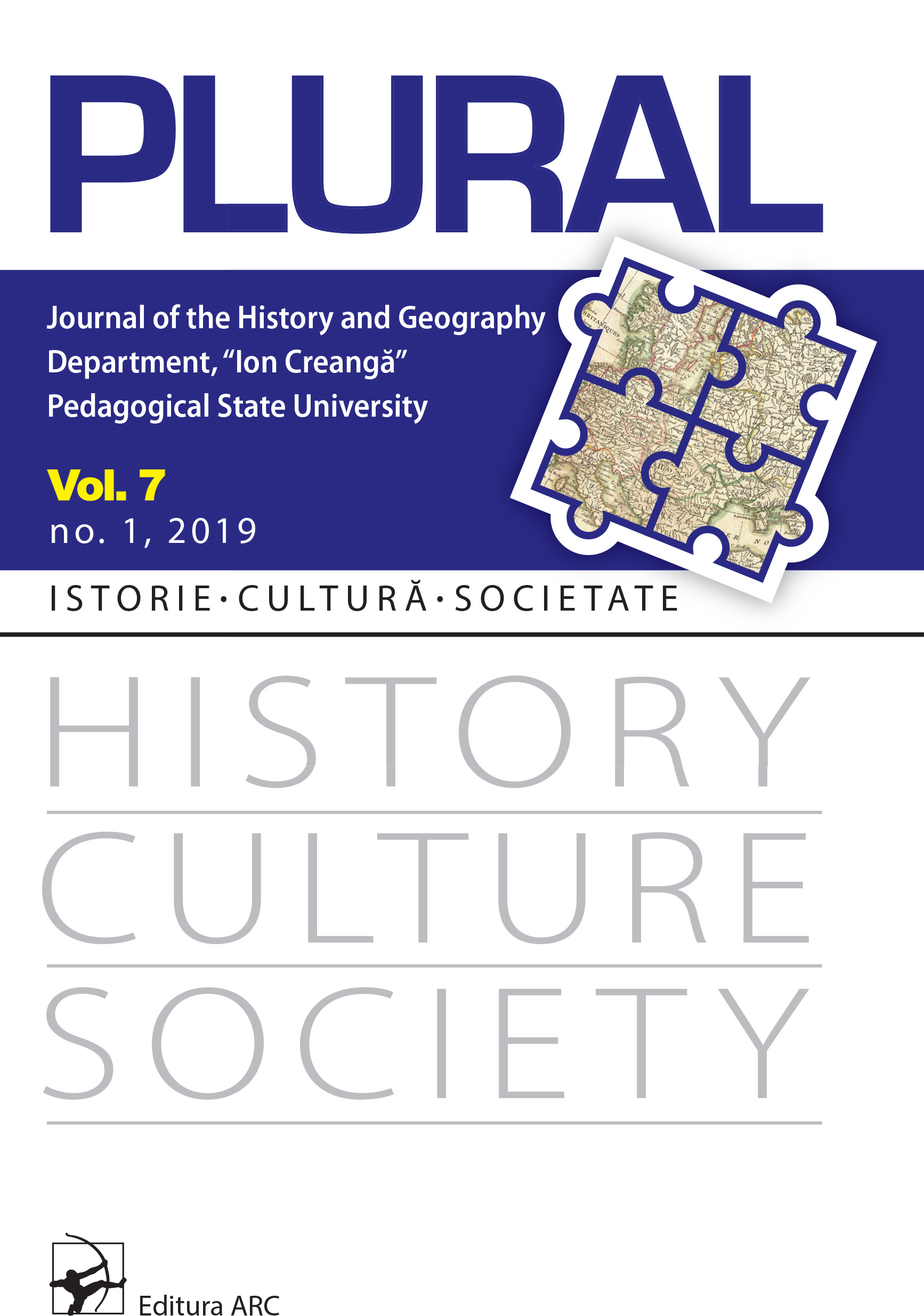Loialitate în perioada extremelor: funcționarii publici din Basarabia în perioada celui de-al Doilea Război Mondial (1939-1945)
Loyalties in the Age of Extremes: Local Officials in Bessarabia during World War II (1939–1945)
Author(s): Svetlana SuveicaSubject(s): History, Military history, Political history, Recent History (1900 till today)
Published by: Facultatea de Istorie și Geografie, Universitatea Pedagogică de Stat „Ion Creangă”
Keywords: Bessarabia;Romania;Soviet Union;WWII;
Summary/Abstract: The article discusses the issue of loyalty in the Southeast European region of Bessarabia (today Republic of Moldova), which during World War II switched its political status from Romania to the USSR and back several times (1940,1941, and 1944). This bottom-up analysis, drawing on an extensive documentary basis from different archives, provides a new bottom-up perspective, which focuses on local public institutions and their employees. It reveals that, despite the fact that both regimes acknowledged the role of the bearers of vernacular knowledge about the society and entrusted them with daily administrative issues, the authorities constantly treated local public employees with mistrust and suspected them of “betrayal”. Whereas questioning their loyalty about their activity during the previous regime, no standard criteria of loyalty assessment were applied; it was fragile and had a situational character. When one regime left and another came, the great majority of high-ranking public officials, such as heads of districts and mayors (heads of local Soviets, in the case of the Soviet Union), left Bessarabia together with the army and administration, to avoid repression and annihilation. In contrast, the low-rank employees (secretaries, accountants, as well as priests and teachers)stayed in the region, their decision to remain being guided by personal and family interests rather than by political or other convictions. The daily praxis of loyalty was based on a pragmatic adjustment to the new political requirements, so that personal and career benefits were ensured; many employees developed different survival strategies, such as inventing new autobiographies. The article’s findings challenge the alleged claims of national historiography concerning the “rupture” between two mutually exclusive regimes, showing that there was“continuity” at the local level. The people, regardless of their origin and duty, made efforts to survive the war and secure their family’s well-being. By applying this perspective, an entangled version of the wartime history of the contested Bessarabian (Moldovan) borderland that encompasses both the Romanian and the Soviet regimes, challenges the dominant version of the wartime history of the region, written through the “occupation vs liberation” lens.
- Issue Year: 7/2019
- Issue No: 1
- Page Range: 60-95
- Page Count: 36
- Language: Romanian

